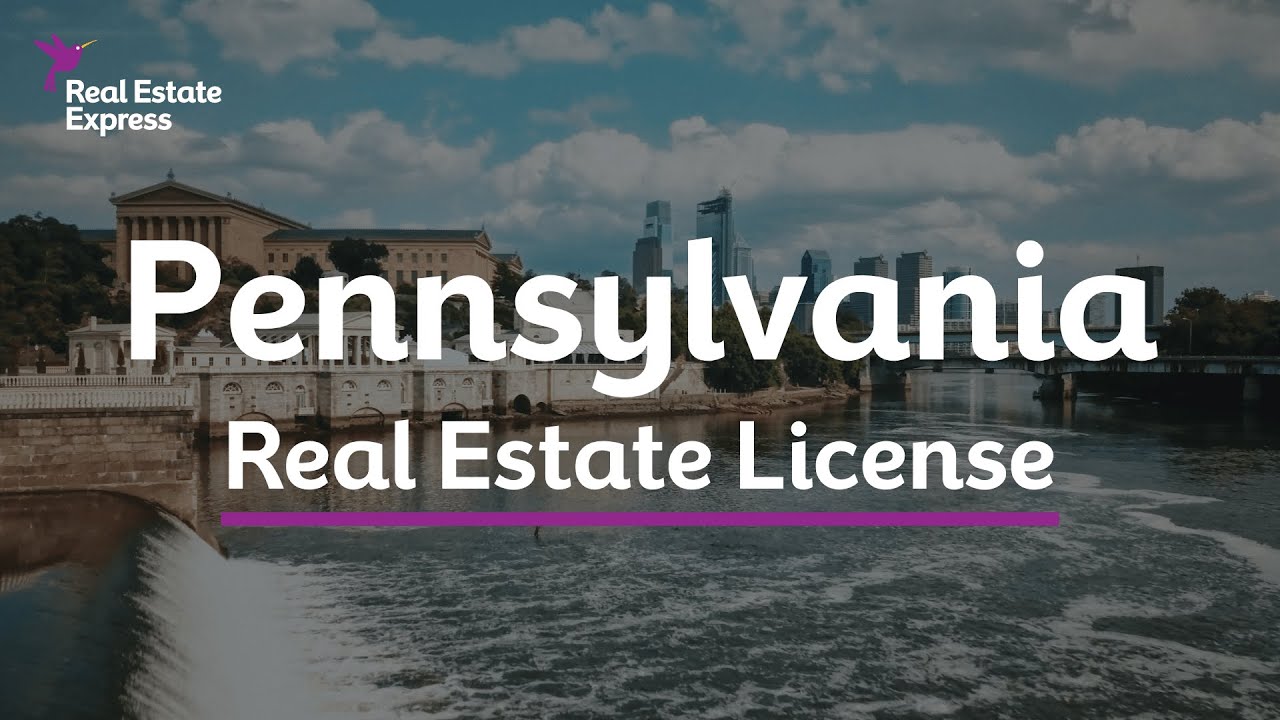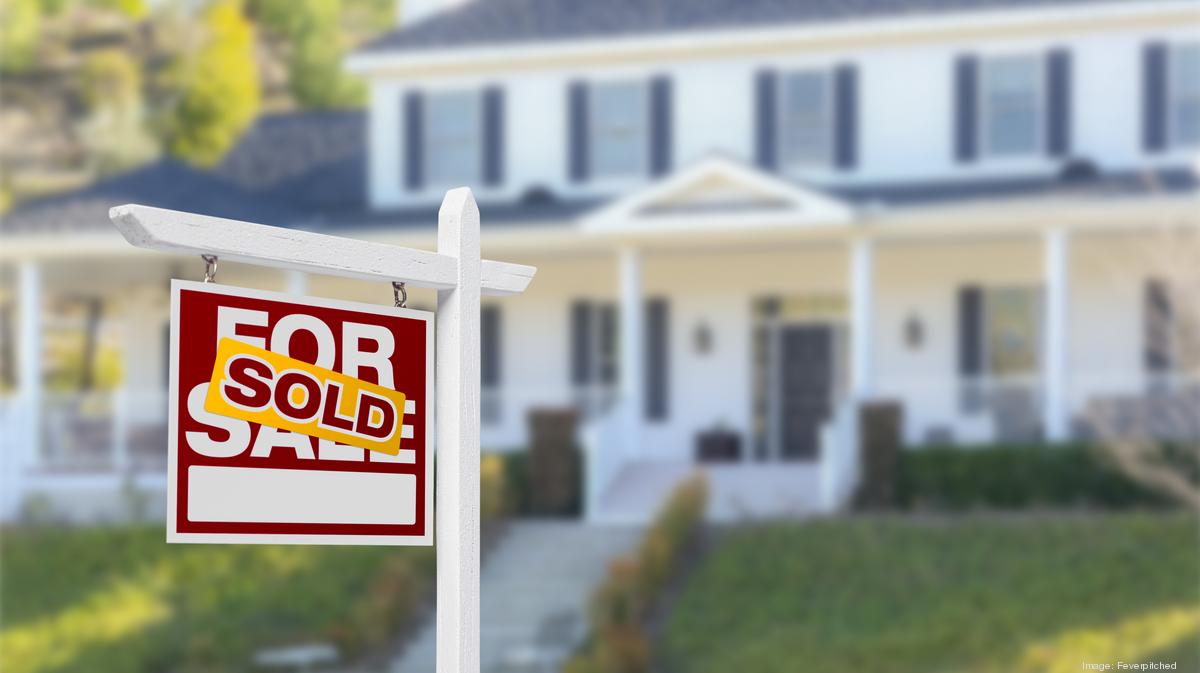
The benefits and disadvantages of renting property outside the country can be significant. This article will explore the rewards and challenges involved in doing so. This article also covers financing options. There are many options for financing rental property. You can also consult a local agent for advice about the market and the property.
Investing abroad in a rental home
A great idea is to invest in rental properties that are not located in your home state. Many people who live in expensive areas find there are more affordable properties in other locations. This can mean a greater profit for the investor. This can help diversify your portfolio.
Another reason to rent properties in other states is the geographic diversity. This is a huge advantage because investing in rental properties in multiple areas allows you to diversify your portfolio and protect it from total devastation in one region. Each area, county, or town is different, so market declines in one place may not have the same effects on another.

Challenges
Renting property out of state is a possibility for you, but the process can be hard. Even though out-of-state markets can offer better profits, you will need to spend more time understanding the area. To be successful, you should research the area online and work with a local property management company or real estate agent to find the best properties for rent.
A smart move to diversify your real-estate portfolio is buying property outside of the state. But it can be time-consuming and costly.
Rewards
There are many advantages to investing in properties that are not located in your state. It diversifies your rental portfolio, and reduces the chance of total destruction in one location. Second, every state and each county has its own economy. That means a decline in one area may not affect the markets in nearby areas.
Additionally, renting out of the state can diversify an investor portfolio and provide passive income. It is important to understand the benefits and risks of renting your property. Landlord-tenant relations are governed by different laws in every state. These laws can affect how to screen tenants and increase rents or decline lease agreements.

Financing options
In order to get financing for your investment in rental property, you will need to make additional arrangements. It is best to do your research on financing options before you start looking at properties. This will help you to avoid surprises and speed up the process once you have found the perfect property.
You may also contact a bank or lending agency. A bank or lending institution will be more lenient if you have an established track record as a landlord and can show that you're a good risk. A down payment of at most twenty-five percent will be required. This will allow you to lower your debt-to–income ratio and pay a lower interest.
FAQ
Should I rent or buy a condominium?
If you plan to stay in your condo for only a short period of time, renting might be a good option. Renting lets you save on maintenance fees as well as other monthly fees. You can also buy a condo to own the unit. You can use the space as you see fit.
How can I find out if my house sells for a fair price?
Your home may not be priced correctly if your asking price is too low. You may not get enough interest in the home if your asking price is lower than the market value. To learn more about current market conditions, you can download our free Home Value Report.
Can I afford a downpayment to buy a house?
Yes! Yes. There are programs that will allow those with small cash reserves to purchase a home. These programs include FHA, VA loans or USDA loans as well conventional mortgages. For more information, visit our website.
Statistics
- 10 years ago, homeownership was nearly 70%. (fortunebuilders.com)
- Private mortgage insurance may be required for conventional loans when the borrower puts less than 20% down.4 FHA loans are mortgage loans issued by private lenders and backed by the federal government. (investopedia.com)
- This means that all of your housing-related expenses each month do not exceed 43% of your monthly income. (fortunebuilders.com)
- When it came to buying a home in 2015, experts predicted that mortgage rates would surpass five percent, yet interest rates remained below four percent. (fortunebuilders.com)
- The FHA sets its desirable debt-to-income ratio at 43%. (fortunebuilders.com)
External Links
How To
How to Manage a Rental Property
Renting your home can be a great way to make extra money, but there's a lot to think about before you start. We'll help you understand what to look for when renting out your home.
This is the place to start if you are thinking about renting out your home.
-
What should I consider first? Before you decide if your house should be rented out, you need to examine your finances. If you have debts, such as credit card bills or mortgage payments, you may not be able to afford to pay someone else to live in your home while you're away. You should also check your budget - if you don't have enough money to cover your monthly expenses (rent, utilities, insurance, etc. It might not be worth the effort.
-
How much will it cost to rent my house? There are many factors that influence the price you might charge for renting out your home. These include factors such as location, size, condition, and season. You should remember that prices are subject to change depending on where they live. Therefore, you won't get the same rate for every place. Rightmove reports that the average monthly market price to rent a one-bedroom flat is around PS1,400. This means that your home would be worth around PS2,800 per annum if it was rented out completely. Although this is quite a high income, you can probably make a lot more if you rent out a smaller portion of your home.
-
Is this worth it? It's always risky to try something new. But if it gives you extra income, why not? Before you sign anything, though, make sure you understand exactly what you're getting yourself into. You will need to pay maintenance costs, make repairs, and maintain the home. Renting your house is not just about spending more time with your family. You should make sure that you have thoroughly considered all aspects before you sign on!
-
Are there any benefits? So now that you know how much it costs to rent out your home and you're confident that it's worth it, you'll need to think about the advantages. Renting out your home can be used for many reasons. You could pay off your debts, save money for the future, take a vacation, or just enjoy a break from everyday life. No matter what your choice, renting is likely to be more rewarding than working every single day. If you plan well, renting could become a full-time occupation.
-
How can I find tenants? Once you've decided that you want to rent out, you'll need to advertise your property properly. Make sure to list your property online via websites such as Rightmove. Once potential tenants contact you, you'll need to arrange an interview. This will help you assess their suitability and ensure they're financially stable enough to move into your home.
-
How do I ensure I am covered? If you fear that your home will be left empty, you need to ensure your home is protected against theft, damage, or fire. In order to protect your home, you will need to either insure it through your landlord or directly with an insured. Your landlord will likely require you to add them on as additional insured. This is to ensure that your property is covered for any damages you cause. If you are not registered with UK insurers or if your landlord lives abroad, however, this does not apply. In this case, you'll need to register with an international insurer.
-
Sometimes it can feel as though you don’t have the money to spend all day looking at tenants, especially if there are no other jobs. You must put your best foot forward when advertising property. Post ads online and create a professional-looking site. Additionally, you'll need to fill out an application and provide references. While some prefer to do all the work themselves, others hire professionals who can handle most of it. You'll need to be ready to answer questions during interviews.
-
What happens once I find my tenant If you have a current lease in place you'll need inform your tenant about changes, such moving dates. If this is not possible, you may negotiate the length of your stay, deposit, as well as other details. Keep in mind that you will still be responsible for paying utilities and other costs once your tenancy ends.
-
How do you collect the rent? You will need to verify that your tenant has actually paid the rent when it comes time to collect it. You will need to remind your tenant of their obligations if they don't pay. You can deduct any outstanding payments from future rents before sending them a final bill. If you're having difficulty getting hold of your tenant you can always call police. If there is a breach of contract they won't usually evict the tenant, but they can issue an arrest warrant.
-
How can I avoid problems? While renting out your home can be lucrative, it's important to keep yourself safe. Ensure you install smoke alarms and carbon monoxide detectors and consider installing security cameras. You should also check that your neighbors' permissions allow you to leave your property unlocked at night and that you have adequate insurance. You must also make sure that strangers are not allowed to enter your house, even when they claim they're moving in the next door.